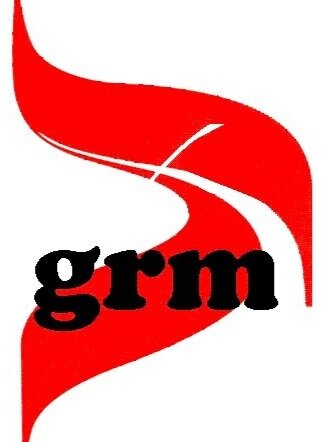Checklist for Starting a Gambling Ministry
As taken from the article, Developing Outreach to Problem Gamblers, by Reverend Janet E. Jacobs: The pioneering efforts in prevention and outreach by Gambling Recovery Ministries were composed of many, mini-steps. The following steps on our “Check List” include examples of the actions that GRM took in order to implement a particular step, as outreach was developed.
Steps to Take
DESIGNATE PERSON(S) FOR THE PROJECT
Appoint a Director; recruit persons to serve on an Advisory Board for this project; create a Vision Statement first; determine and articulate goals next.
LEARN FROM OUTSIDERS
Members of Gamblers Anonymous and Gam-Anon; certified gambling counselors.
ALLOW TIME FOR BEHIND-THE-SCENES WORK
Research on disordered gambling is necessary! A good place to start is the National Council on Problem Gambling website www.ncpgambling.org. At this source, contact info on the State Councils on Problem Gambling is included. State Council Directors should be able to provide additional resource information, particular to the State.
Harvard University’s The Wager includes current research information, trends, and statistics.
WORK TO SECURE A FINANCIAL BASE
It is of tremendous help if your project is initially – and regularly – supported by the denominational church at-large. Apply for grant; make appeals for mission contributions from churches and individuals.
Statistical evidence is essential when applying for grants – especially gear it to a local community, county, and/or State; and try to be very specific in describing your project.
CONNECT WITH AN ACCEPTED POLICY, APPROVED BY A LARGER BODY WITHIN YOUR FIELD, IN ORDER TO LEGITIMATIZE THE PROJECT’S FOUNDATION.
BEEF UP, WITH LEARNING EVENTS
Events as the National Council’s Annual Conference and the State Councils’ Education Events provide up-to-date information and networking opportunities with other professionals.
GA/Gam-Anon Mini-Conferences offer the “Saturday-only” option when workshops and keynotes are highlights.
KEEP UP WITH PAPER WORK
Applications for grants; abstracts for proposals for workshops; newspaper articles; manuscripts for programs; listing of all presentations including an approximate number of persons attending each presentation
CONTINUE TO BUILD NETWORKING RELATIONSHIPS
CONTINUE BEHIND-THE-SCENES WORK
Compile current information, by category (teens, women, seniors, etc,), in order to more specifically provide programming and to address certain concerns when applying for grants.
GATHER STATISTICS, PERSONAL ACCOUNTS, AND ILLUSTRATIONS
These may provide components to displays at Health Fairs, brochures, and presentations.
COMPILE PREVENTION EDUCATION MATERIALS
Create brochures, fact sheets, warning cards, etc. Go to the National Council on Problem Gambling website (www.ncpgambling.org) for public awareness articles.
MODESTLY, EXPAND FACILITY, SUPPLIES, PERSONNEL
Volunteers are valuable! Churches may be able to provide office space and meeting areas.
PUBLIC AWARENESS FOR YOUR ISSUE
Your ministry may need to initiate sharing information on problem gambling in your area. Try to locate a nearby certified gambling counselor who will team together with you to present programs to Ministerial Associations and other groups.
HAVE A CADRE OF EXPERTS AS WELL AS INDIVIDUALLY, AFFECTED PERSONS TO TAKE ON THE ROAD FOR PRESENTATIONS
Both professional expertise AND personal witness constitute excellent resource persons for programming. GA and Gam-Anon speakers; leadership from State Councils on Problem Gambling.
FORM CREATIVE ALLIANCES AND COLLABORATIONS
Mental health agencies with certified gambling counselors, churches, mission centers, psychologists, parent/teen organizations, State Councils, and Suicide Prevention
HAVE QUALITY INFORMATION TO DISTRIBUTE
Provide specifically helpful – hands-on – information. Ask the question: Why is this brochure/flyer being made? Have professional stationary and business cards.
CREATE A “TEAM”
Auxiliary support = other non-mental health professionals (bankers, law enforcement, teachers, school counselors, attorneys, judges, school nurses, parish nurses); one’s colleagues (not directly involved in your issue); lay support groups.
CONTINUE TO BUILD ON YOUR OWN EXPERTISE
CEU events and professional organizations; submit proposals for workshops at professional events. Write articles. Create newsletters (electronic and/or paper).
CONTINUE TO BUILD PUBLIC AWARENESS
Share the advances made concerning the issue: the public needs to be aware of solutions taken … just in case!
